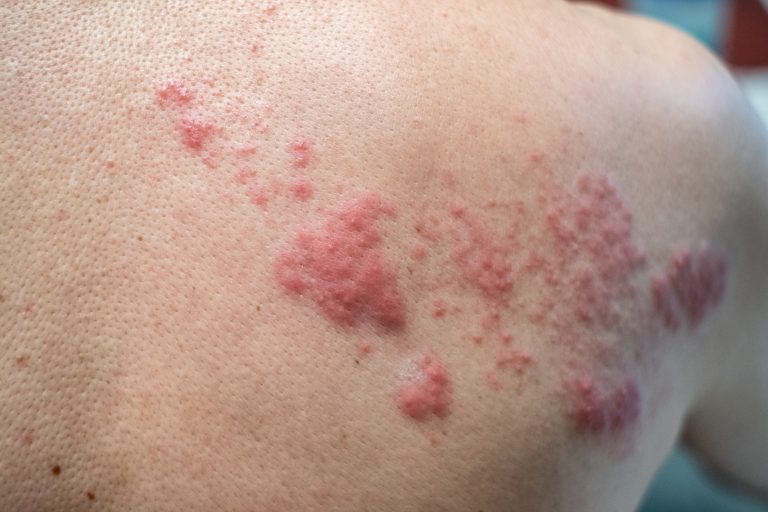
Following on from a highly successful COVID-19 vaccine collaboration, Pfizer and BioNTech have signed a deal worth up to $425M plus future profits to develop a shingles mRNA vaccine, the third such agreement between the two companies.
The German biotech will receive $225M upfront from the big pharma. This includes a standalone payment of $75M as well as an equity investment of $150M. If various future approval and sales milestones are met then BioNTech will be eligible for additional payments of up to $200M and will also receive a share in any future profits from sales of the vaccine.
Pfizer will contribute proprietary antigen sequences to develop the vaccine and will receive an upfront payment of $25M from BioNTech for their use.
Like chicken pox, shingles is caused by the varicella zoster virus, a type of herpes virus. Chicken pox is the result of an initial infection, often in childhood, but shingles is caused by dormant virus in a person’s body becoming reactivated to cause a painful blistering rash along a nerve cluster often many years later. This can be caused by factors such as stress or immune depletion and the risk also increases with age.
There are two shingles vaccines approved for use in the over 50’s—a recombinant subunit vaccine marketed as Shingrix by GSK since 2017 and Merck’s attenuated Zostavax vaccine. While Zostavax has the advantage of only needing one shot versus Shingrix’s two, it is less effective and therefore not as popular as Shingrix with an efficacy of only around 50-55% versus over 90%.
If BioNTech and Pfizer succeed in developing a vaccine for shingles as effective as their COVID-19 vaccine Comirnaty, they could prove to be significant competition for GSK in this space.
“Adults aged 50 years and older as well as vulnerable populations like cancer patients are at an increased risk of shingles. Our goal is to develop an mRNA vaccine with a favorable safety profile and high efficacy, which is at the same time more easily scalable to support global access,” said Ugur Sahin, CEO and co-founder of BioNTech, in a press statement.
Preparations are underway to start trials for this vaccine candidate and should begin in the second half of 2022, according to the statement. If successfully brought to market, Pfizer will own the global commercialization rights with the exception of Germany, Turkey and some developing countries which will fall under BioNTech’s remit.
This is the third infectious disease vaccine development agreement signed by the two companies. In addition to the development of Comirnaty, the companies have a pre-existing agreement in place to development an mRNA flu vaccine that was signed in 2018.











